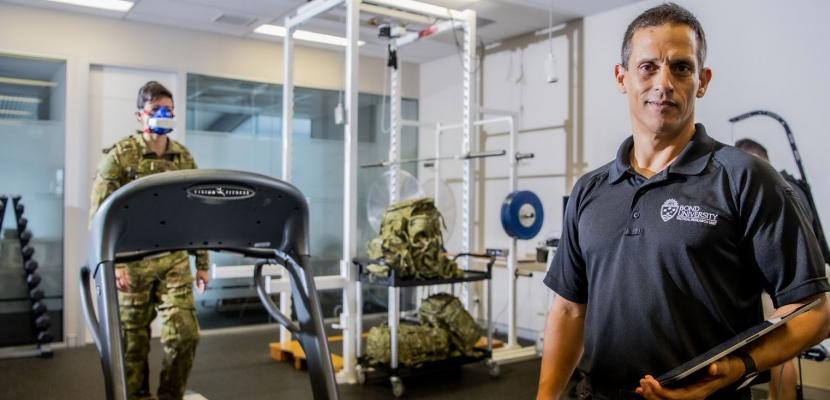
The portly police officer munching on doughnuts is a well-worn stereotype.
Now the authors of a series of studies suggest poor diet not only puts tactical personnel at risk, it could lead to negative interactions with the public.
“We already know police officers are two to five times more likely to die of cardiovascular disease due to the nature of the job and the stress they are under,” said Dr Rob Orr, Director of Bond University’s Tactical Research Unit.
“Their diets can be further increasing this risk.”
Dr Orr said food - or lack of it - affected concentration and mood.
“We even have a well-used term for it - hangry,” he said.
“How will that impact on an officer making an arrest? Are they more likely to be easily aggravated, upset and make suboptimal decisions?
“A poor interaction with a person of interest may have nothing to do with police training. If they aren’t eating well, they won’t perform at the optimal level.”
The systematic review of 22 previous studies found tactical personnel in general ate too much protein and fat, and not enough sources of energy and carbohydrate.
“There is a body of research around carbohydrate intake, mood and cognition,” said the study’s lead author, Assistant Professor Kristen MacKenzie-Shalders from the Master of Nutrition and Dietetic Practice Program at Bond University.
“If there are long periods where these officers are not optimising their carbohydrate intake, this can impact mood, how they think and their decision-making in an environment in which you already have a high risk.”
Dr Orr, an Associate Professor of Physiotherapy, said most law enforcers knew they should eat healthier food but sometimes found that challenging.
“For a lot of these officers, their vehicle is their office and that creates a major obstacle to good nutrition,” he said.
“If you are in a car for eight hours, that is not conducive to a healthy diet.
“There are other factors. They are in a stressful environment or may be confronted with a stressful situation, such as domestic violence, and eating can be a coping strategy.
“After long and exhausting shifts officers may simply be too tired to cook and grab something convenient on the way home.”
Bond University is working with Oklahoma State University, California State University, Fullerton, and Texas A&M University - as well as Australian tactical agencies - to profile the diets of tactical personnel and eliminate barriers to better nutrition.
The research has been published in the journals Nutrients and BMC Public Health.